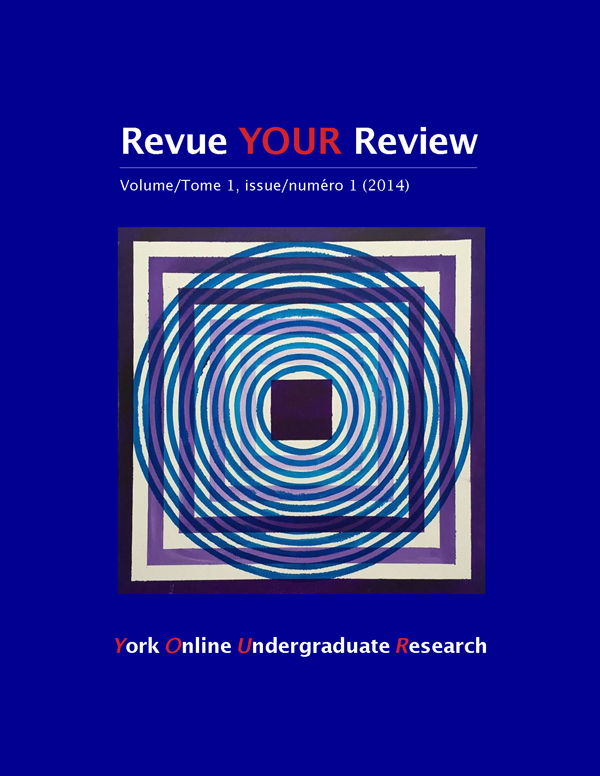Why Is Germany Threatening the European Union? (abstract)
Abstract
Germany’s 2011 decision to close its nuclear stations and phase out nuclear power in the country triggered joy, as well as upset, among activists and politicians worldwide, especially those in Europe. Though driven by domestic political interests, the decision nonetheless holds multiple consequences for the European Union (EU). In this study, I propose that phasing out nuclear power in Germany will have three important repercussions: Germany’s neighbours will experience additional pressure because sources of renewable energies are not yet fully in place; levels of CO2 and greenhouse gas emissions will increase; and the European Union will become even more dependent on its energy suppliers, notably Russia. I suspect that this decision was made without collaboration with other European nations. Germany’s phase-out of nuclear power represents either an opportunity for the European Union to reform or poses a threat to the stability of its divided membership.Downloads
How to Cite
Issue
Section
License
Authors contributing to Revue YOUR Review agree to release their articles under one of three Creative Commons licenses: Creative Commons Attribution 4.0 International; Creative Commons Attribution-NonCommercial 4.0 International; or Creative Commons Attribution-NoDerivatives 4.0 International. All editorial content, posters, and abstracts on this site are licensed under Creative Commons Attribution-NoDerivatives 4.0 International. For further information about each license, see:
https://creativecommons.org/licenses/
In all cases, authors retain copyright of their work and grant the e-journal right of first publication. Authors are able to enter into other contractual arrangements for the non-exclusive distribution of the e-journal's published version of the article (e.g., post it to an institutional repository or publish it in a book or in another journal), with an acknowledgement of its initial publication in this e-journal.


